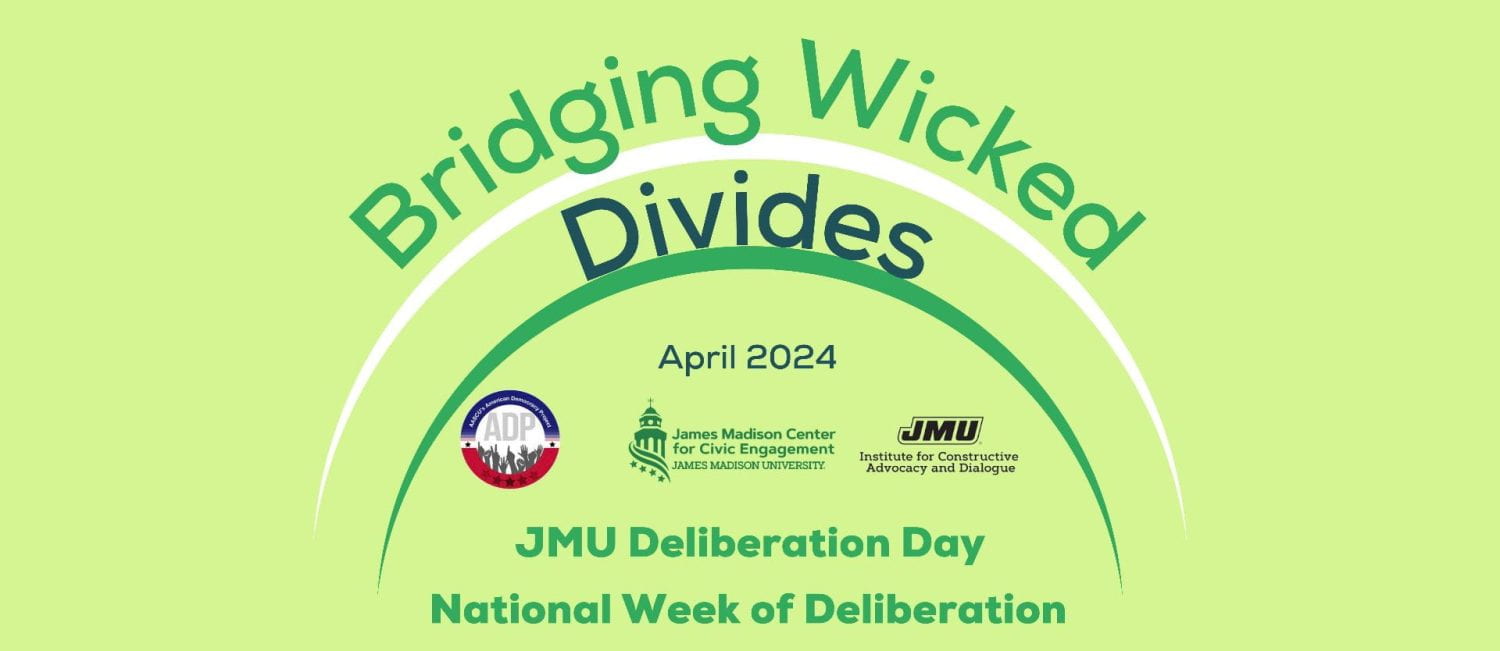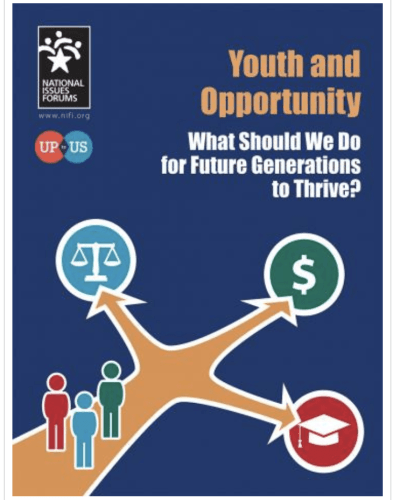The National Week of Deliberation provides students from across the nation the opportunity to deliberate with others from different campuses, from different walks of life, and with different backgrounds. Students participate in a 90 minute online deliberative discussion with a live, peer moderator on issues like addressing climate change, racial violence and policing, wealth inequality, the mission of higher education, immigration, and election reform. By participating, students can develop civic skills and agency – in other words, civic muscles – to be active citizens through critical thinking, empathy, and working collaboratively with individuals and institutions.
Students need the kind of sustained and “meaningful interactions between people from different backgrounds, with different scars, and different ways of looking at the world” they cannot get dialoguing in discrete classrooms or from self-selected campus activities.
In these small-group deliberations, participants learn more about the issue, share why they care about it, then examine three different approaches to dealing with the issue, including the trade-offs of each approach. At the end, participants reflect upon any common ground they have identified, and see the difference their talking together has made. Through this process, students learn ways of naming and framing of wicked problems for joint problem solving, listening carefully and critically, understanding the values that drives individual opinions, weighing options against tradeoffs, and reaching shared judgment with others. In working across differences in a highly polarized world, students develop the capacity to see beyond ideological differences and partisan preferences to shared values and common good.
For more information, please contact Dr. Kara Dillard, interim associate director of the Madison Center for Civic Engagement using the form below.


